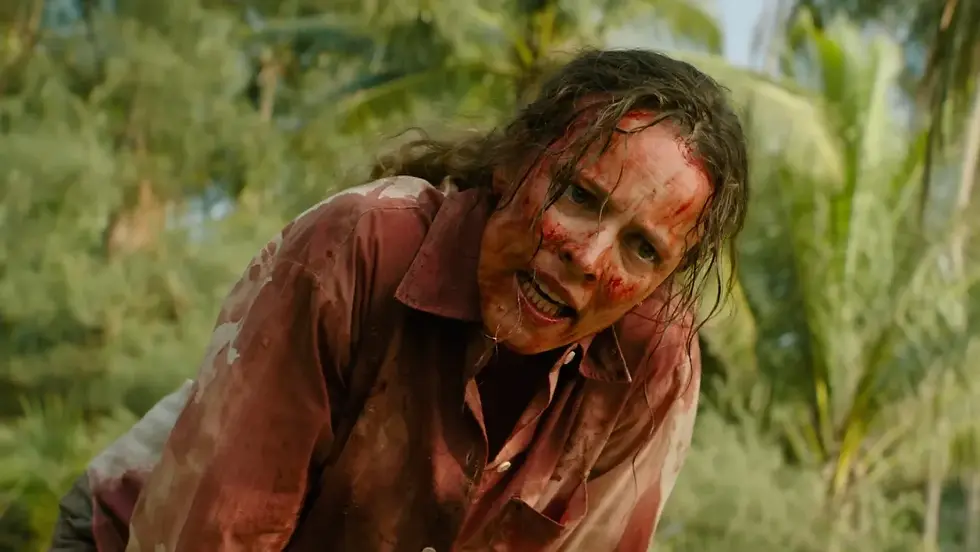The Grand Budapest Hotel
- Gus Keller
- Mar 22, 2023
- 1 min read

The Grand Budapest Hotel hides dense thought in meticulous detail, highlighting the idealization of storytelling. Themes of nostalgia, inheritance, preservation, emotional guarding, projection, loss, displacement, politeness, and fear are fortified by complex characters, sharp dialogue, an exact plot, fascism metaphors, unreliable narrators, witty humor, a uniform script, symbols, and juxtaposition. The dynamic acting offers physicality, timing, vulnerability, layers, and specific tones. Thus, Budapest subconsciously conveys messages and becomes meta by masking its difficult topics like the storyteller within the film. Ultimately, Budapest effortlessly blends entertainment and substance.
Technically, Budapest is a precise dream. Its imagery utilizes aspect ratios, symmetry, motion, angles, color vibrancy, focus, depth, composition, and lighting. The editing adds inserts, rhythm, jump cuts, montages, momentum, and fluidity. Its minimalist sound uses voiceovers, ambiance, emphasis, silence, and campy punctuations. The music is immersive with trans-diegetic and recurring motifs. Its iconic production design supplies surreal symbolism and exaggeration. The cast has many cameos and Fiennes' best role. Its effects employ miniatures, prosthetics, matte paintings, faint gore, and CGI for an artistic atmosphere. Overall, The Grand Budapest Hotel is a masterful symphony of fine craft.
Writing: 9/10
Direction: 10/10
Cinematography: 10/10
Acting: 9/10
Editing: 10/10
Sound: 9/10
Score/Soundtrack: 10/10
Production Design: 10/10
Casting: 10/10
Effects: 9/10
Overall Score: 9.6/10




Comments